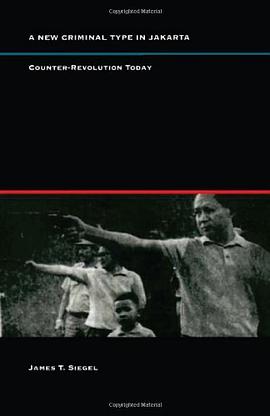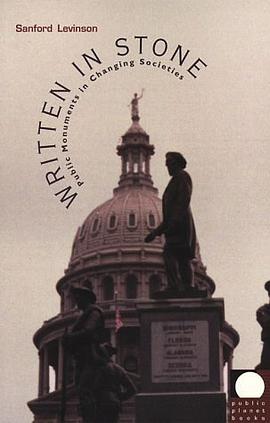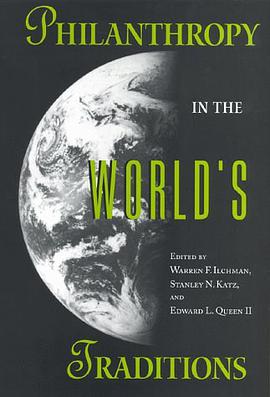

Rachel Spilka brings together nineteen previously unpublished essays concerned with ways in which recent research on workplace writing can contribute to the future direction of the discipline of technical and professional writing. Hers is the first anthology on the social perspective in professional writing to feature focused discussions of research advances and future research directions.The workplace as defined by this volume is a widely diverse area that encompasses small companies and large corporations, public agencies and private firms, and a varied population of writers--engineers, managers, nurses, social workers, government employees, and others. Because much research has been conducted on the relationship between workplace writing and social contexts since the ground breaking 1985 publication of Odell and Goswami's "Writing in Nonacademic Settings, "Spilka contends that this is an appropriate time for the professional writing community to consider what it has learned to date and where it should be heading next in light of these recent discoveries. She argues that now professional writers should try to ask better questions and to define new directions.Spilka breaks the anthology into two parts. Part 1 is a collection of ten essays presenting textual and qualitative studies conducted by the authors in the late l980s on workplace writing. Spilka has chosen these studies as representative of the finest research being conducted in professional writing that can serve as models for current and future researchers in the field. Barbara Couture, Jone Rymer, and Barbara Mirel report on surveys they conducted relying on the social perspective both to design survey instruments and to analyze survey data. Jamie MacKinnon assesses a qualitative study describing what workplace professionals might need to learn about social contexts and workplace writing. Susan Kleimann and editor Rachel Spilka discuss multiple case studies they conducted that help explain the value during the composing process of social interaction among the participants of a rhetorical situation. Judy Z. Segal explores the negotiation between the character of Western medicine and the nature of its professional discourse. Jennie Dautermann describes a qualitative study in which a group of nurses "claimed the authority to restructure their own procedural information system." Anthony Pare finds in a case study of social workers that writing can be constrained heavily by socially imposed limitations and restrictions. Graham Smart describes a study of discourse conventions in a financial institution. Geoffrey A. Cross reports on a case study of the interrelation of genre, context, and process in the group production of an executive letter and report. Part 2 includes nine essays that assess the implications of recent research on workplace writing on theory, pedagogy and practice, and future research directions. Mary Beth Debs considers research implications for the notion of authorship. Jack Selzer explores the idea of intertextuality. Leslie A. Olson reviews the literature central to the concept of a discourse community. James A. Reither suggests that writing-as-collaboration in the classroom focuses "more on the production of texts to be evaluated than on ways in which texts arise out of other texts." Rachel Spilka continues Reither's discussion of how writing pedagogy in academia might be revised with regard to the social perspective. Patricia Sullivan and James E. Porter respond to the debate about the authority of theory versus that of practice on researchers' notions of methodology. Mary Beth Debs considers which methods used in fields related to writing hold promise for research in workplace writing. Stephen Doheny-Farina discusses how some writing researchers are questioning the underlying assumptions of traditional ethnography. Finally, Tyler Bouldin and Lee Odell suggest future directions for the research of workplace writing.
具体描述
读后感
评分
评分
评分
评分
用户评价
相关图书
本站所有内容均为互联网搜索引擎提供的公开搜索信息,本站不存储任何数据与内容,任何内容与数据均与本站无关,如有需要请联系相关搜索引擎包括但不限于百度,google,bing,sogou 等
© 2025 book.wenda123.org All Rights Reserved. 图书目录大全 版权所有




















